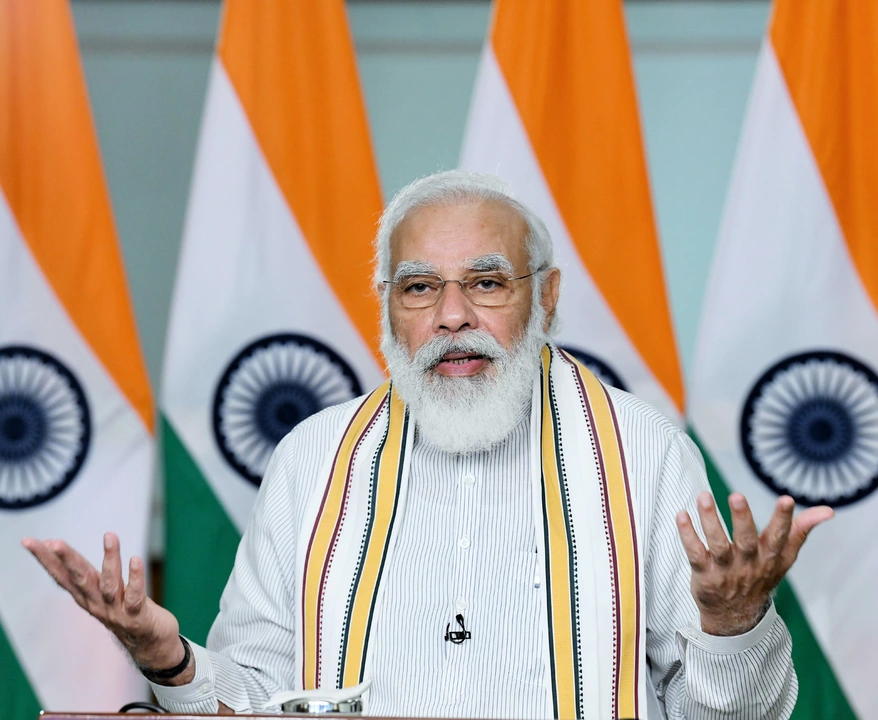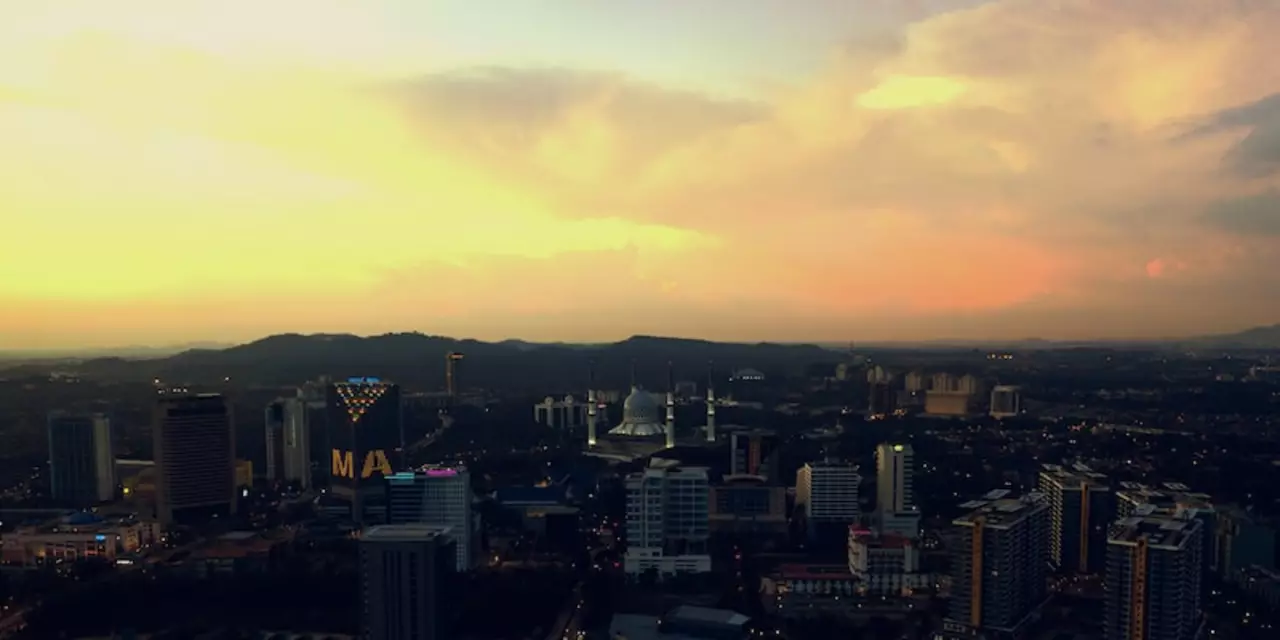Amit Shah: Inside the Life and Impact of India's Top Politician
If you hear the name Amit Shah, you think of a man who runs the political engine of India. He’s the BJP’s chief strategist, the guy behind big election wins, and the current Union Home Minister. In plain terms, Shah is the person who decides how the government handles security, law and order, and many of the big policy moves you see in the news.
How Amit Shah Started and Rose to Power
Born in 1964 in Gujarat, Amit Shah grew up in a small town and got involved in student politics early on. He met Narendra Modi during the early 2000s, and that friendship turned into a powerful political partnership. Shah helped build the BJP’s grassroots network in Gujarat, turning a regional party into a national force.
When Modi became Prime Minister in 2014, Shah was appointed as the party’s national president. From there, he turned election strategy into a science: he studied voting patterns, used data, and coordinated massive rallies. The result? The BJP won several landslide victories, and Shah’s reputation as a master organizer spread across the country.
Key Policies and What He Does Today
As Union Home Minister, Shah oversees the police, internal security, and immigration. One of his most talked‑about moves was the revocation of Article 370, which changed the status of Jammu & Kashmir. He also pushed for the Citizenship Amendment Act, a law that sparked protests but showed his willingness to take bold steps.
Beyond security, Shah works on election reforms, digital initiatives, and policies that aim to make the government more efficient. He often says the goal is a “development‑first” India where every state gets the chance to grow.
What makes Shah stand out is his hands‑on style. He visits police stations, meets local officials, and even travels to remote villages to hear concerns first‑hand. This approach helps him stay connected to the ground reality, which many politicians miss.
Critics argue that his methods can be heavy‑handed and that some policies threaten freedoms. Supporters, however, point to a drop in crime rates in several states and feel that his firm stance keeps the country stable.
Regardless of where you stand, Amit Shah’s influence is impossible to ignore. He shapes the political conversation, decides which issues get media attention, and drives the BJP’s agenda. If you want to understand India’s current direction, keeping an eye on Shah’s moves is a smart move.
So next time you see his name in headlines, you’ll know it’s not just a politician talking—he’s a key player steering India’s future, one policy at a time.
India was in dire need of a new education policy: Amit Shah?
I recently came across a statement by Amit Shah, who emphasized that India was in dire need of a new education policy. He believes that the current system is not adequately preparing students for the challenges of the modern world. I have to agree with him, as our education system needs a major revamp to ensure that it meets the needs of the 21st century. A new policy would not only improve the quality of education but also enable our youth to become globally competitive. Let's hope that the government takes this issue seriously and implements the necessary changes to secure a better future for our students.
HM Amit Shah takes 1st dose of COVID-19 vaccine?
India's Home Minister Amit Shah has set a great example by taking the first dose of the COVID-19 vaccine. The vaccination drive was launched by Prime Minister Narendra Modi on January 16, 2021 and is the world’s largest immunization program. Amit Shah taking the first vaccine dose showed his commitment towards the fight against the virus and his dedication towards the well-being of the country. He urged everyone to get vaccinated and be a part of the fight against COVID-19. He also reassured people about the safety and efficacy of the vaccine. His actions have encouraged people to take the vaccine without any hesitation.
Stay off social media: Amit Shah to IPS probationers?
Home Minister Amit Shah has asked IPS probationers to stay away from social media. He said they should focus on their work and not get distracted by the online world. He added that they should learn to use social media responsibly and to avoid posting comments or opinions that may go against the law. He cautioned them to be mindful of their online activities and to be wary of any malicious activities by anti-social elements. He also advised them to stay alert and take appropriate action against any threats posed by the online world.


